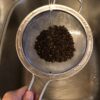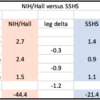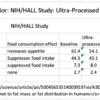Developing a scientifically sound set of methods for a dietary intervention that could result in replicable, causally valid results took investigators five years of intensive effort. That was a necessary first step because no such standards, protocols, methods or best practices existed. That absence required investigators to develop those standards and protocols de novo in […]








